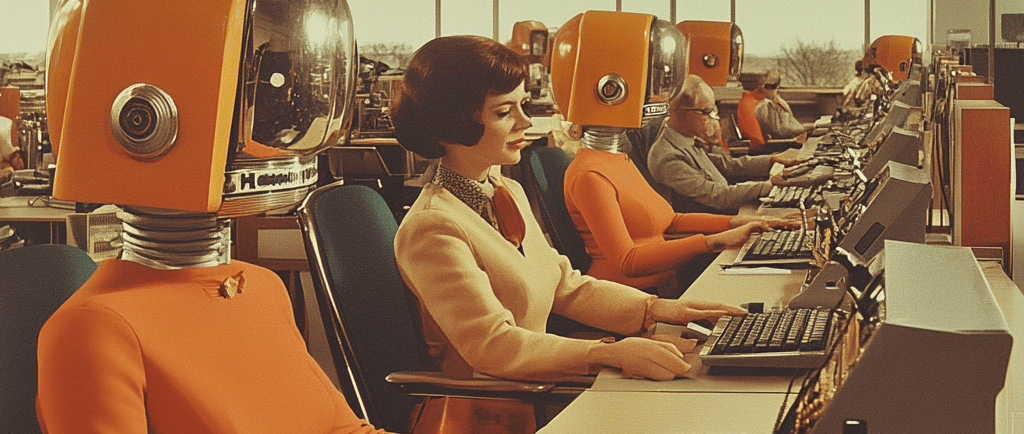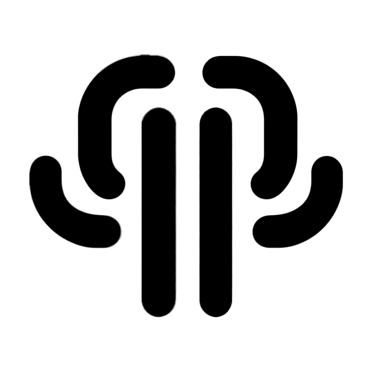GPT-5 Revolutionizes Work
AI replaces low-skill white-collar jobs, triggering mass layoffs.
TIMELINE


GPT-5 Revolutionizes Work: The AI Disruption and What Comes Next
I’ve always been fascinated by how artificial intelligence is reshaping industries, and with GPT-5 on the horizon, I can’t help but wonder how much further we are about to go. Each new version of AI brings capabilities that once seemed impossible, and now we’re on the verge of another major shift. This one promises to be more powerful, more intuitive, and able to handle tasks we once thought were purely human. But what does that mean for jobs, businesses, and the global economy? Are we truly prepared for the transformation that GPT-5 and similar AI models will bring?
Over the past decade, I’ve watched AI take over more and more roles across different industries. GPT-3 amazed us with its ability to generate human-like text. GPT-4 improved contextual understanding and problem-solving. Now, we’re looking at GPT-5, which is expected to push things even further. Right now, AI is already automating customer service, generating articles, composing music, writing code, analyzing legal and financial documents, and even diagnosing medical conditions more accurately than some doctors. The difference with GPT-5 is that these capabilities will become even sharper, more efficient, and more widespread.
I can already see how this is going to change the job market. Some roles won’t disappear entirely, but they’ll shift. Programmers might not be writing every line of code from scratch, but instead reviewing and refining AI-generated code. Journalists might not draft every article from the ground up but instead guide AI-generated pieces. In law and medicine, AI will handle the time-consuming research, leaving professionals to focus on decision-making and human interaction. But then there are jobs that might be fully automated—customer service reps, content creators, data entry specialists, and analysts who rely on repetitive tasks. The idea that AI is only replacing blue-collar jobs is long gone. Now, even knowledge-based professions are being reshaped.
At the same time, this shift will open up new opportunities. Just like the industrial revolution gave birth to jobs no one could have imagined before, the AI revolution will do the same. AI supervisors will be needed to fine-tune these models. AI ethicists will be responsible for ensuring that these systems are used responsibly. Content curators will refine AI-generated material to keep it relevant and engaging. And then there’s prompt engineering—an entirely new skill set focused on getting the best results from AI.
Beyond jobs, GPT-5 is going to change the economy itself. Companies that integrate AI early will have a massive advantage in efficiency and scalability. Startups that once needed huge teams might be able to function with only a handful of employees. Entire industries, from education to healthcare to finance, could be restructured around AI capabilities. The problem is that the speed of this transition might leave some people behind. Governments will have to rethink labor laws, and the conversation around Universal Basic Income is only going to get louder as job displacement accelerates. There’s also the issue of AI bias, misinformation, and accountability—without proper oversight, these tools could introduce as many problems as they solve.
Another thing that keeps crossing my mind is the global AI race. Countries that invest heavily in AI development will gain economic and political power, widening the gap between tech-forward and tech-lagging nations. AI-driven cyberwarfare is already a concern, and we’re just at the beginning of what could be a new era of automated conflict. AI isn’t just a tool anymore—it’s becoming a strategic advantage that governments and corporations will fight to control.
So, where does that leave us? The best way to stay ahead in an AI-driven world is to adapt. I’ve been learning as much as I can about AI-related skills, automation tools, and AI ethics. I believe that those who work with AI rather than against it will have the best opportunities in the future. Businesses should start integrating AI gradually, while still keeping human oversight in place. Reskilling programs will be essential for transitioning workers into AI-augmented roles. And on a personal level, creativity, strategic thinking, and adaptability will become the most valuable skills—things AI still struggles to replicate.
GPT-5 isn’t just another AI update. It represents a shift in how work is structured. Some jobs will disappear, but new ones will emerge. The key is to embrace the change, adapt, and explore new possibilities. I’ve always believed that technology should empower people, not replace them. AI is a tool, and how we choose to wield it will determine the future of work. The world is heading toward an AI-powered reality. The real question is—are we ready?
